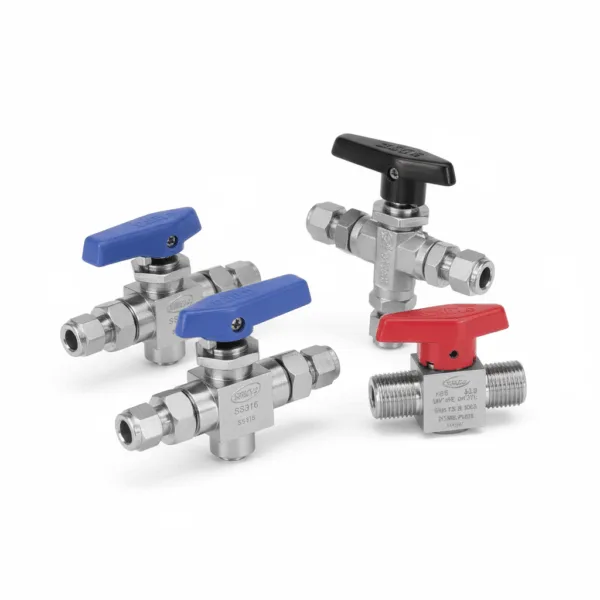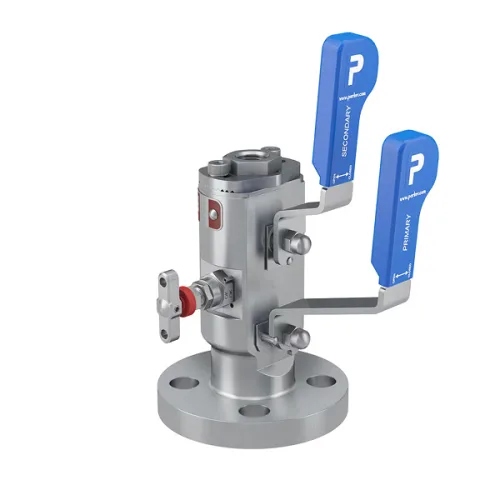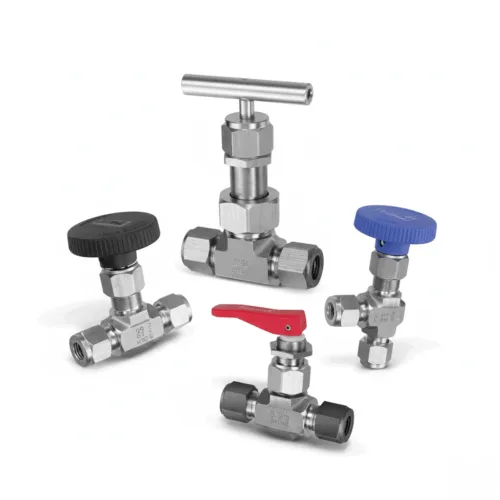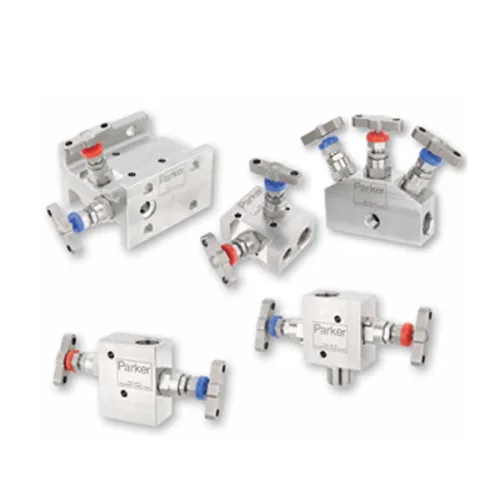Parker Ball Valves are designed to meet the highest standards of quality, offering dependable shut-off and control in process, instrumentation, and industrial systems. With a variety of pressure ratings, end connections, and material options, Parker ball valves deliver versatility and compatibility across applications. Their robust construction, smooth operation, and leak-tight sealing ensure long service life and system integrity, making them a trusted choice in industries such as oil & gas, chemical, power generation, and general industrial service.
- Design: Quarter-turn operation for quick on/off control.
- Sizes: Available in a wide range of fractional, metric, and pipe sizes.
- Materials: Stainless steel, brass, carbon steel, and other corrosion-resistant alloys.
- Pressure Ratings: Suitable for low, medium, and high-pressure service (up to 6,000 psi depending on series and material).
- Temperature Range: Broad operating range depending on seat and seal material.
- End Connections: Threaded, tube fitting, flanged, and welded options.
- Features: Leak-tight sealing, blow-out proof stem design, and low operating torque.
- Applications: Isolation, shut-off, and control in instrumentation, process, and hydraulic systems.
Can I use Parker ball valves for hydraulic oil or water systems?
Yes. Parker ball valves are designed for versatile fluid control and can handle hydraulic oil, water, air, and other compatible media depending on the valve material and sealing type.
Can Parker ball valves handle chemical or gas applications in Malaysia’s humid climate?
Yes. Parker ball valves are made from corrosion-resistant materials like stainless steel, making them suitable for chemical and gas applications even in Malaysia’s humid and high-moisture environments.
What is the difference between a 2 way valve and a 3 way valve?
A 2-way valve controls flow in a single direction on or off, while a 3-way valve diverts or mixes flow between two outlets, offering more flexibility in system control.
What is the most commonly used ball valve in industry?
The 2-way stainless steel ball valve is most commonly used due to its durability, simple on/off control, and compatibility with various industrial fluids and pressures.
How do I select the right Parker ball valve for my system?
Choose a Parker ball valve based on your system’s pressure, temperature, media type, and connection size to ensure proper compatibility and reliable performance.




